The failure rate among startups, including Health Techs, is notoriously high.
Some of the main reasons for such failure rate are:
- Lack of product market fit: solutions often do not address real needs or fail to gain traction.
- Scalability and monetization challenges: difficulty in generating sustainable revenue.
- Complex regulatory requirements: startups struggle to comply with healthcare regulations.
- Slow adoption in healthcare: hospitals and clinics take time to integrate new technologies.
- Funding issues: dependence on venture capital makes financial sustainability challenging.
- High competition: larger healthcare corporations develop their own solutions.
- Integration difficulties: many startups fail to integrate their technology with existing systems.
- Management issues: misaligned goals, poor decision-making, operational and financial inefficiencies, disharmony among team members and inadequate leadership.
However, I would like to draw attention to an issue that is often not valued or understood by health techs as necessary for solutions supporting diagnosis or therapeutic interventions: CLINICAL VALIDATION.
Without rigorous clinical evidence, startups struggle to gain trust from healthcare professionals and patients. Moreover, regulatory authorities require scientific validation before approving new technologies, creating a major barrier to market entry.
Addressing clinical validation, with the adequate scientific methodology, can significantly enhance the likelihood of success for health techs and its valuation.
The risk is that the company may have a short flight, in the same way as happens with pheasants and other birds.



